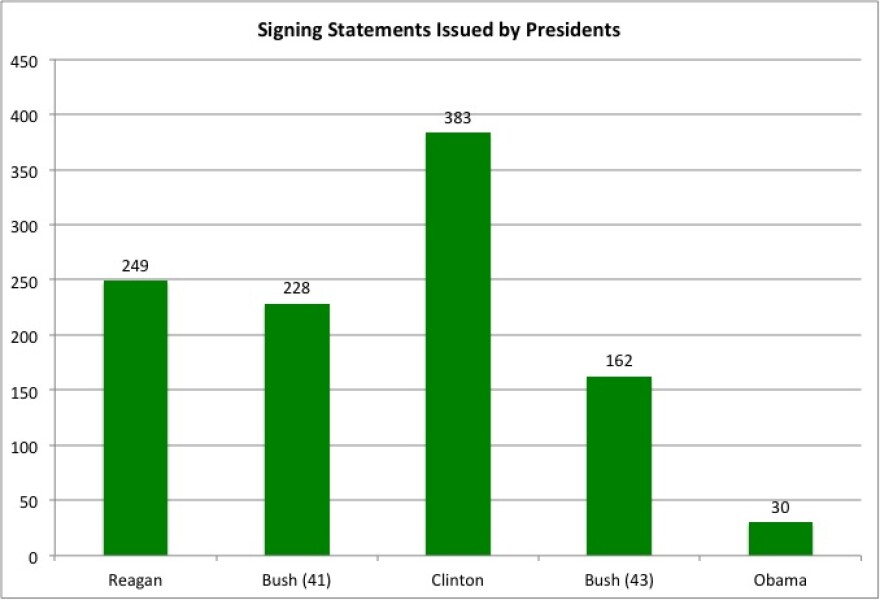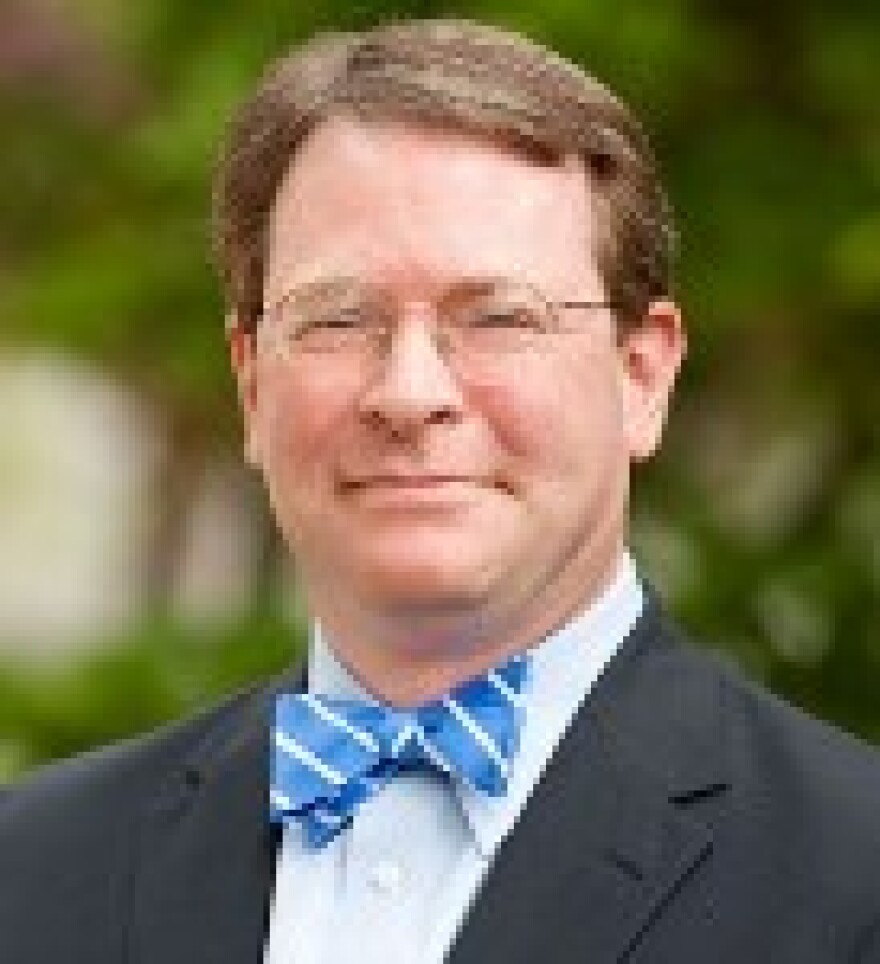The executive branch does not construe this provision to impose any independent or affirmative requirement to share such information with the Congress or the Comptroller General and shall construe it in any event in a manner consistent with the constitutional authorities of the President to supervise the unitary executive branch and to withhold information the disclosure of which could impair … the performance of the Executive's constitutional duties.
Much has been made about the recent vote by the Republican majority in the U.S. House of Representatives to authorize the Speaker to initiate a lawsuit “regarding the failure of the President … to act in a manner consistent with that official’s duties under the Constitution and laws of the United States with respect to implementation” of the Patient Protection and Affordable Care Act.
The Republican argument is that the president is failing to carry out his constitutional duties to “enforce” or carry out the provisions of Obamacare. In fact, the Speaker derided the chief executive by saying that the president shouldn’t be able to pick and choose the parts of the law the president wants to enforce.
While the U.S. Constitution states the “legislative power herein granted” in Article I gives the specific powers to the Congress, Article II states that the “executive power shall be vested in a President of the United States,” without the laundry list of enumerated, or specified, authority.
The battle over presidential power harkens back to the beginning of the constitutional republic, with differing visions of executive authority ranging from the general, unfettered authority, under what some would describe as the “unitary executive,” to the fear of an unchecked and uncontrollable leader.
One way to measure executive power is through the issuing of executive orders, documents that carry the weight of law but are only based on the signature of the president. Of the 1,359 executive orders issued by the past five presidents since 1981, Bill Clinton issued 27% of them, while Ronald Reagan issued 26% of the total orders.

A second way to measure executive authority are presidential signing statements, which allows president, when signing a bill into law, to express their intent and interpretation of the law.

Even though President Clinton issued the most signing statements during his two terms, President George W. Bush’s use of the statements and invoking of executive privilege provoked a great deal of controversy.
During the 43rd president’s administration, much was made about the assertion of broad executive powers, such as the failure to disclose the names of energy industry executives on the vice president’s energy task force; the ability to permit warrantless surveillance on certain domestic phone calls; and the presidential power to declare individuals “enemy combatants.” Ultimately, according to one scholar, the second Bush administration claimed the authority to bypass more than 750 statutes in the signing statements.
Executive orders aren’t just a power of presidents; chief executives of the states also utilize the authority to issue an order without the legislature acting. Most recently, when the chambers of the North Carolina General Assembly could not find a compromise regarding coal ash legislation, Governor Pat McCrory signed “Executive Order #62” to address the issue.
The battle over executive power. By compelling different branches of government to share power, be it the power to make laws, to enforce laws, or to interpret laws, the separation of powers principle creates legal controversies among the different actors.
Ironically, within a week of the U.S. House of Representatives voting to authorize its leader to sue the chief executive, the nation remembered the claim by the only president to resign the office, who believed that when the president does something, “that means that it is not illegal.”
Presidential power nowadays falls victim to the partisan polarization infecting all aspects of our governing system. The opposition party proffers characterizations of “monarchical” power and “dictatorial edicts” as standard denunciations of the chief executive’s actions.
Most likely, today’s Republicans would deride the quote that started this piece if President Obama had issued it.
In reality, the quote was issued in a signing statement regarding the Homeland Security Act of 2002, signed by President George W. Bush.
Indeed, power, or the abuse of power, is in the partisan eye of the beholder.


